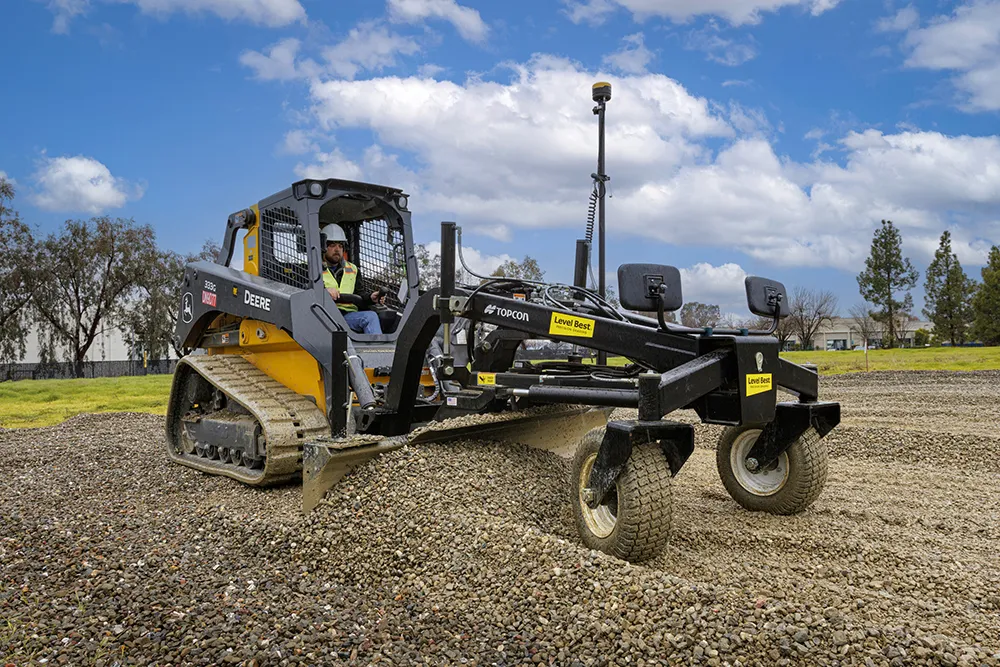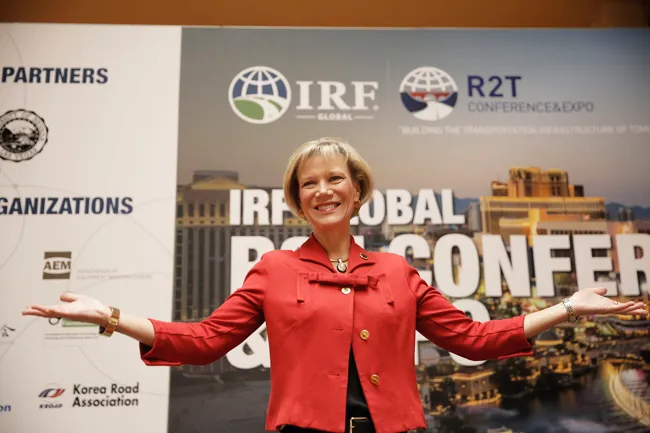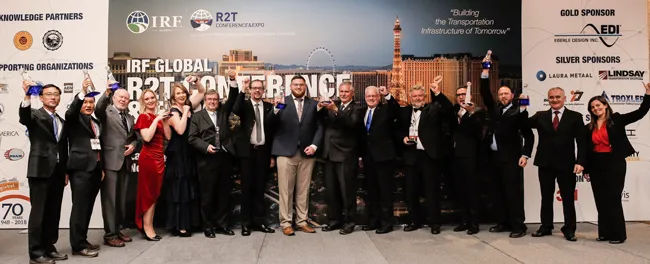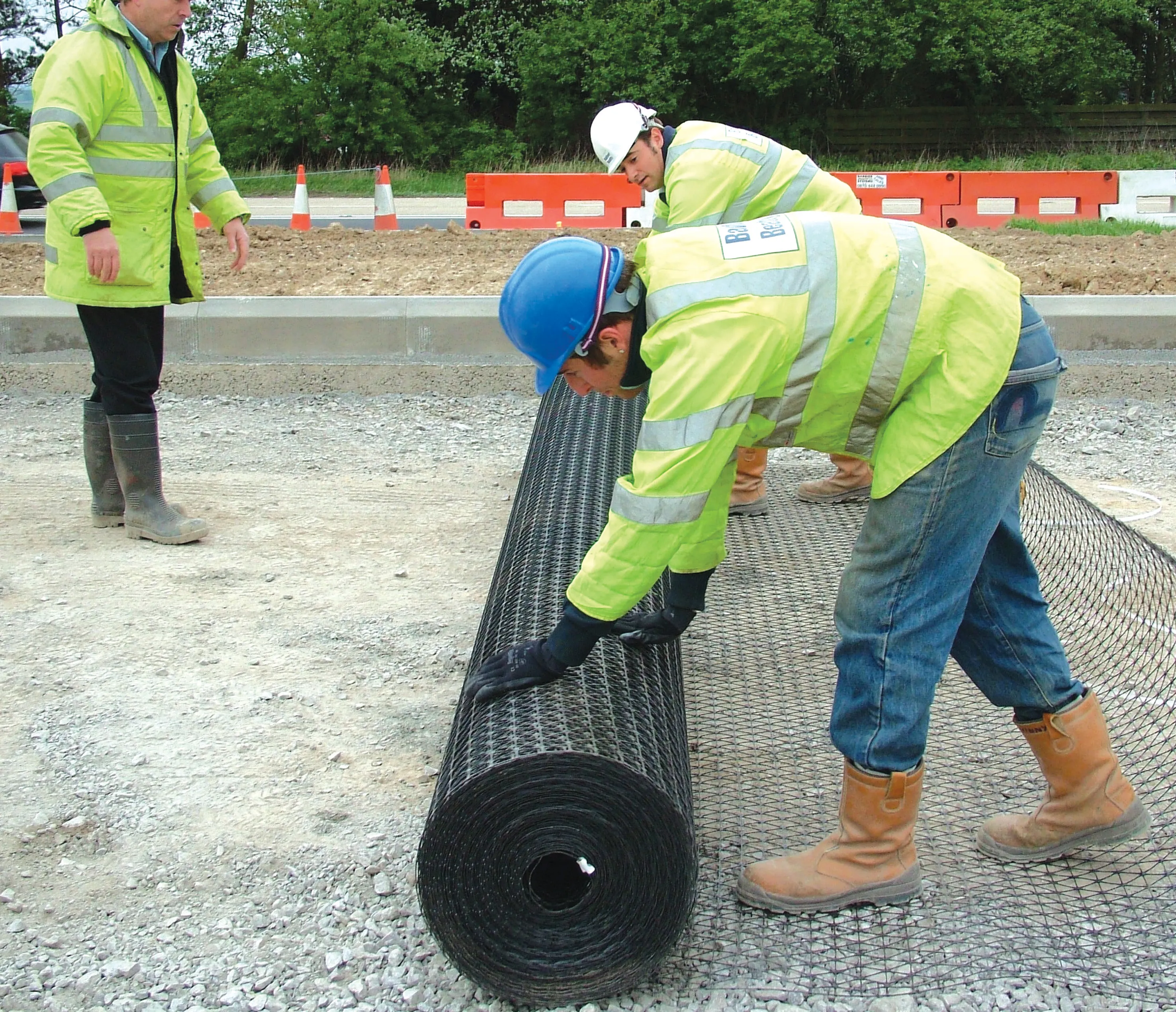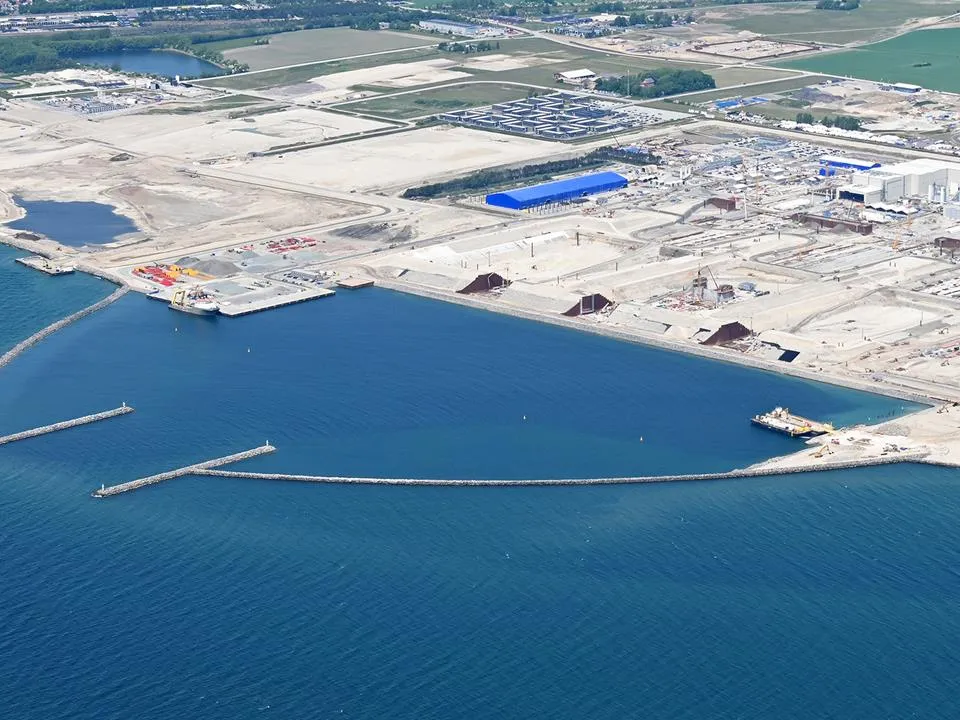
Sund & Bælt has completed the environmental impact assessment of the tunnel element factory east of Rødbyhavn on Denmark’s Lolland island in the Baltic Sea.
The assessment by the Danish infrastructure company will form the basis for a political decision on whether to preserve the tunnel element plant where tunnel sections will be fabricated for the 18km Fehmarnbelt immersed tunnel between Lolland and the German island of Fehmarn. The sections will be floated out form the factory to be positioned and lowered into place on the seabed.
Originally, the element plant at Rødbyhavn was to be temporary and dismantled after the elements had been made. However, Denmark’s Infrastructure Plan 2035 set out a proposal to consider the factory being made permanent as a base for future infrastructure work in the area and region in general.
The factory complex – still under construction – will include a protected seaport, access roads, supply chain facilities and office-administrative buildings. Sund & Bælt noted that there are many economic and environmental advantages for making the site permanent, not least that it will preserve jobs.
The factory could manufacture other elements for future public mega-infrastructure projects require will large scale production and shipping facilities. It could also help produce and ship elements for the large expansion of wind energy farms that is essential for Denmark’s ambition of climate neutrality by 2050.
Meanwhile, Femern – wholly owned by Sund & Bælt and responsible for the Fehmarnbelt project – has launched a website that can assist the many cargo ships calling at the work harbours of the Fehmarnbelt project, one in Denmark and the other in Germany. The new harbour website include requirements for port calls, port layout and information about the tunnel construction and shipping traffic in the Fehmarnbelt.
The website will later include weather information and a webcam, allowing commercial vessels to orient themselves before arrival. The Danish work harbour is in operation and receives on average one cargo ship every three days.
Femern is a subsidiary of Sund & Bælt Holdings, which is 100 per cent owned by the Danish Ministry of Transport. Sund & Bælt Holding is also the parent company of Storebælt, which operates the Great Belt Fixed Link and Øresund, which operates the Øresund Fixed Link.


